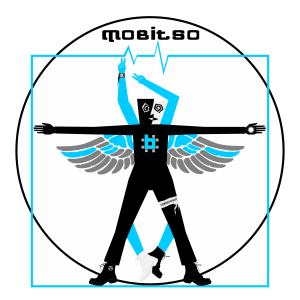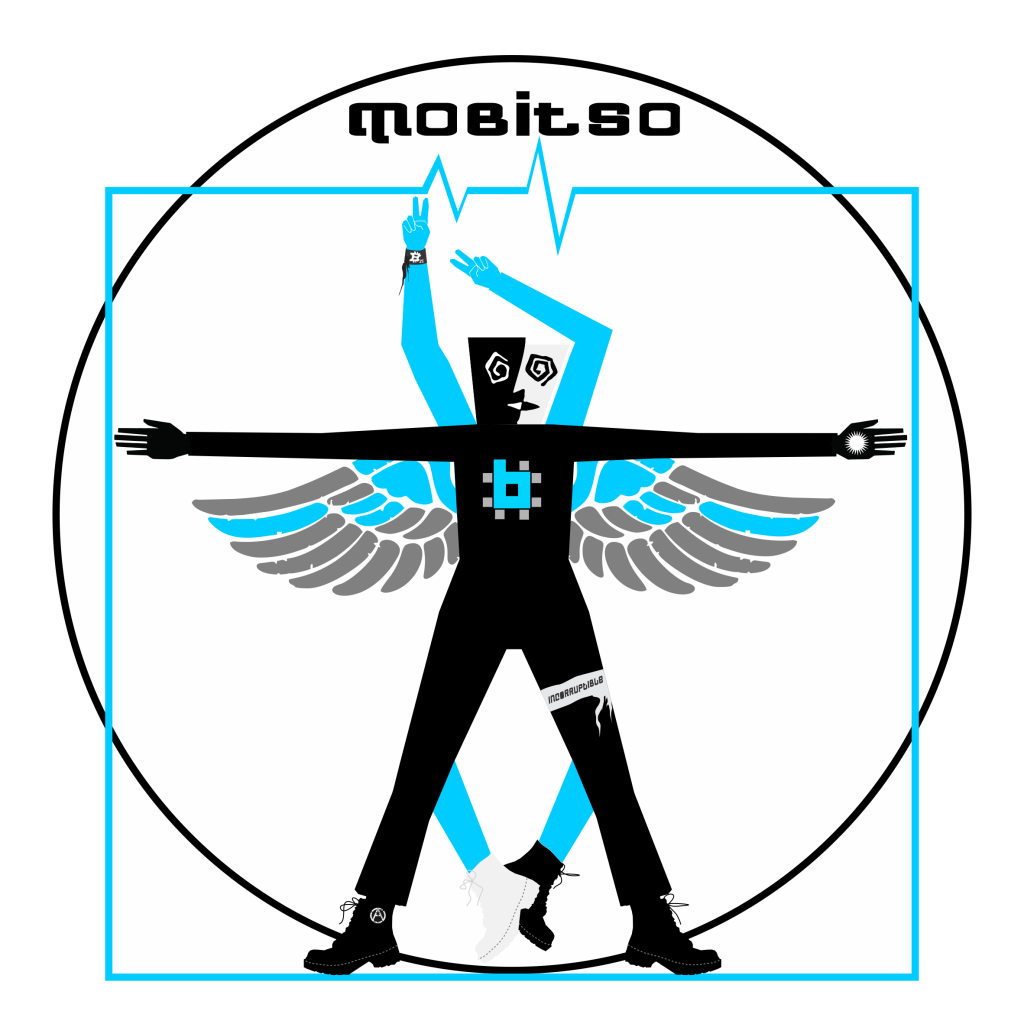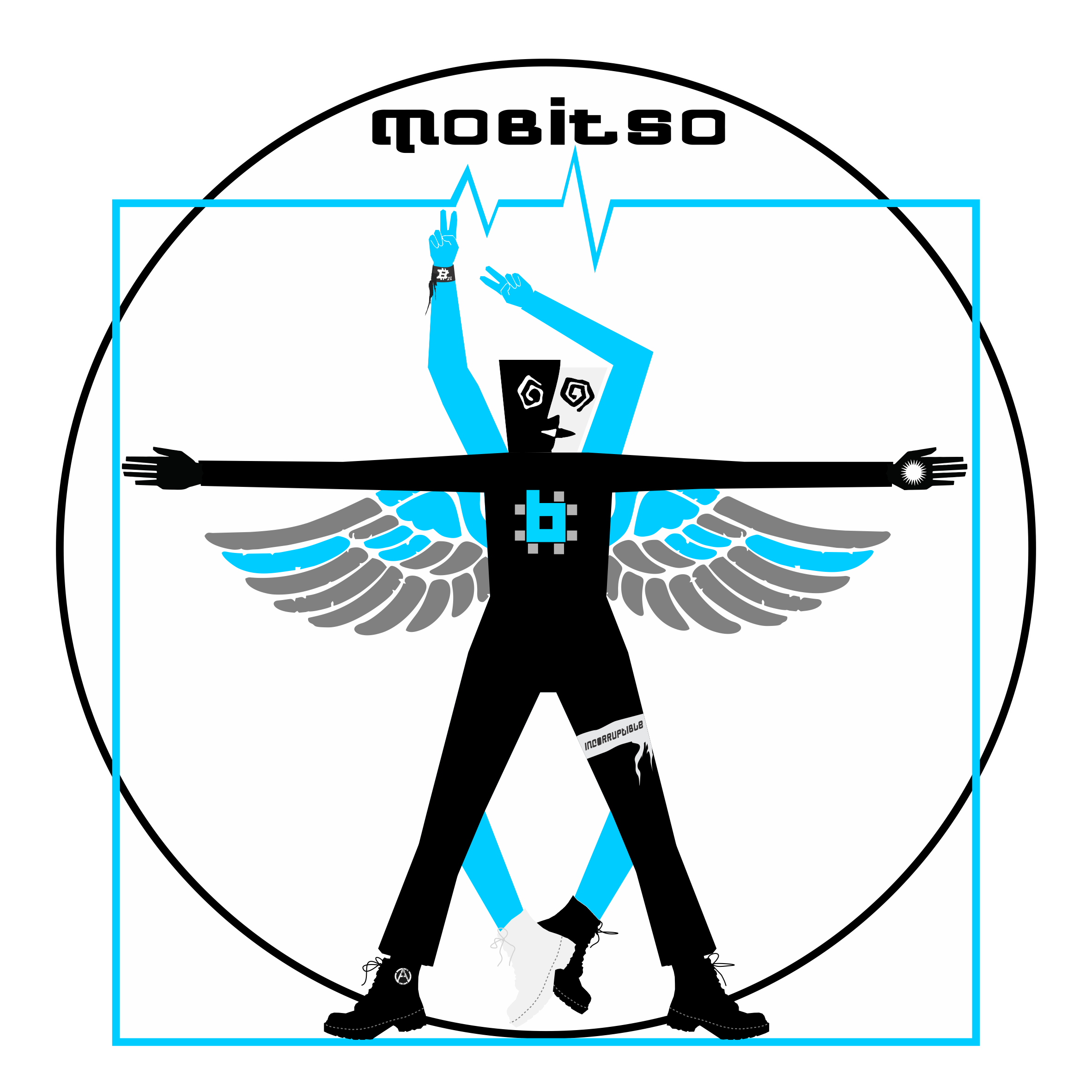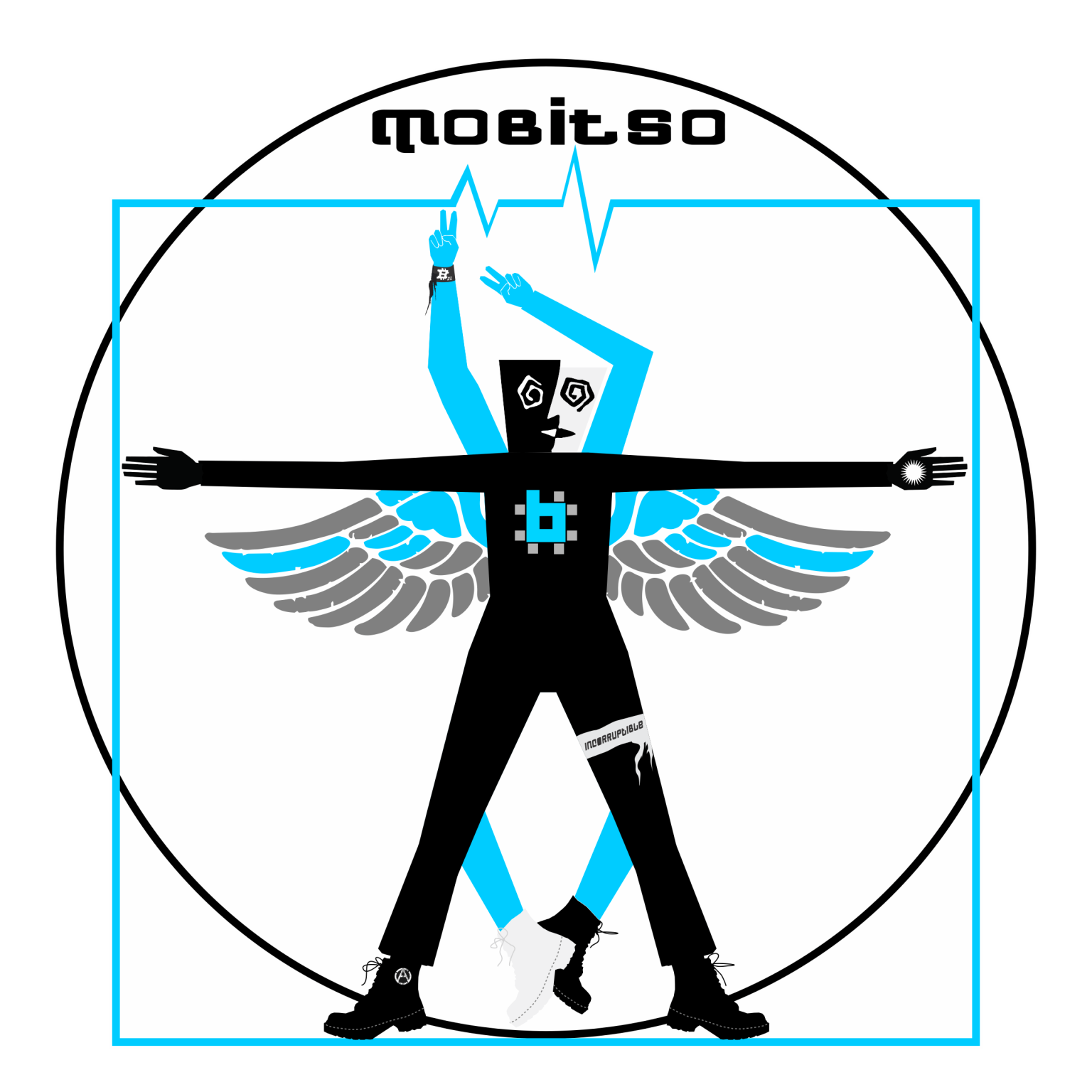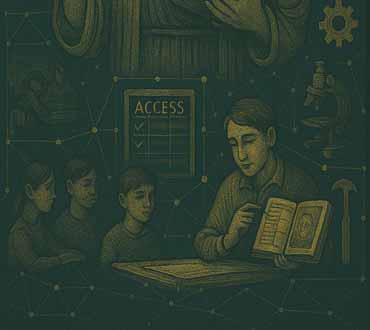Schools confound management with learning. We built bell schedules, hall passes, dashboards, and
mistook their hum for progress. Counted seats, rationed minds, and prices rising faster than value. A
permission was slipped into every doorway—permission to read, ask, or touch the tool with which they
might change a life. We answer: learning is not a permit regime, but a right of man and public obligation.
Institutions exist to serve it and not to control it.
Sovereignty begins with the learner. A person owns their attention and time; no office monopolizes the
curriculum. Some may find a little school around the corner, a micro school, or an apprenticeship, and,
even worse, go home to read their lettering or attend evening lessons without apology. Exit disciplines
providers: if you teach badly, we leave. If you teach well, we stay and send our friends.
Teach for mastery, not miles. Time spent in a seat does not mean learning. Publicize the target skill in clear
English, show it to the pathway, and let students try again and again until they so much as can do the much
under pressure. Syllabi rubrics, code test open to inspection are required. A test that cannot be argued
with is propaganda. A failure that cannot be retried is a sentence.
Credentials are receipts, not crowns. Mystic transcripts may be replaced by portfolios and proofs: essays
reviewed, circuits that shipped, clinics passed under supervision, cases defended before a jury of peers
and practitioners. Micro-credentials must meet transferability, verification, and ownership by the learner
restrictions instead of from the platform. If an existing called badge cannot be verified outside of the
issuer’s garden, then it serves as an advertisement, not evidence.
Teachers would be craftsmen, not clerks. Create small rooms to the size, plenty of prep time, and
autonomy to adjust the plan. Pay for mentoring, not form-filling; fund sabbaticals to learn new tools; give
royalties for lesson plans others adopt. Administration is there to smooth friction, not multiply signatures.
As forms grow, student curiosity shrinks; so, cut the forms.
Make a learning commons in every town. Libraries that lend tools as well as books; makerspaces with real
machines; clinics where practice follows theory the same week; quiet rooms with light and reliable heat;
open wifi that does not harvest children. Data minimalism is a virtue: collect only what improves teaching;
never sell the rest. None of that proctorware treating students as suspects. Part of the right to think is the
right to study offline.
To empower study, finance should not indulge in bondage. K-12 materials, assessments, and major
services need to be made free at the point of use; without humiliation, meals, and transport, and devices.
Some truths should just carry the price tags: very short stackable programs; paid or cooperative terms
with some employers; loans only when earnings justify them. Debt that outlives the skill is fraud with a
diploma.
Plural and legible along the curriculum be should. That everyone can read, write, reason with numbers,
and argue in public. Beyond that, let specialization bloom-repair and robotics, nursing and novels, law and
lathe-taught by people who do the work, not just assign it. Controversy belongs in the room, not in the
blacklist. Dangerous acts are forbidden; dangerous ideas are homework.
Our configurations match our purposes. We will publish syllabi and discussion banks as an open-source;
make available site for community jury for capstones; help teachers to build a co-op; pair every school
with shops and clinics; and keep lifetime portfolios under the key of the learner. We will prefer programs
that show outcomes—jobs, publications, prototypes—over those that sell prestige by the yard.
One want to open a hall slightly nicer and not just for that, but also results yielded: more readers who will
voluntarily choose reading, builders that actually build, less debt, fewer hours wasted, and many more
doors opening just by virtue in proving what one can do. Our signature is mastery, our seal is portability,
and our receipt is the quiet confidence of someone who can learn anything next. Let the age of
permissioned schooling end here, under our names, while there is still time to teach as if learning were
the point.

